Frederica Freyberg:
As we head into the winter holidays, last summer’s drought might seem like eons ago, but it's impact is just now becoming fully understood. The November crop report shows total corn production 2012 down 17%, compared to 2011. That’s the lowest since 1996. How much of this can be blamed on the drought conditions farmers in the lower third of the state battled this year. For that, we turn to State Ag. Secretary Ben Brancel who, together with Governor Scott Walker, met with farmers and farm groups today at the State Capitol. Secretary, thanks very much for being here.
Ben Brancel:
Thank you for having me.
Frederica Freyberg:
So we just asked the question, how much of that drop in yield of the corn crop can be attributed to last summer’s drought?
Ben Brancel:
Pretty much all of it. We didn’t have any, what I would call, unique weather patterns other than dry weather. Of course, heat did impact our summer growing conditions, but it was really the drought.
Frederica Freyberg:
Overall, what is your, kind of, final assessment of the effects of the drought from this past year?
Ben Brancel:
Well, our review of the drought conditions and impacts it caused, we’re going into this year, the feeding part of this year, with low supplies of roughage. Our hay supply was 50% of normal this summer, which means carryover is now being used. Each year, a farmer carries over a little bit of product, hoping that he doesn’t have to use it. But we’re going to end up using it all this year. The other thing that’s happening is feed prices are going up very, very high and very rapidly.
Frederica Freyberg:
What’s that doing to farmers?
Ben Brancel:
Well, it puts a lot of stress on their pocketbook. Some of our farmers chopped a lot more corn silage, because their plants weren’t as large as normal, which meant they didn’t have the cash grain to sell in the fall. Ultimately, what it will really translate to is not enough money to plant next year’s crop.
Frederica Freyberg:
And what will this do to the consumer?
Ben Brancel:
Well, the consumer won’t see any impact for quite a while off, and even in the consumer’s mind, they’re viewing food prices going exorbitantly high. But there’s very little money that the farmer receives that actually goes into the food product. So it should not be a real impact on the consumer.
Frederica Freyberg:
Of all the kinds of producers in Wisconsin of commodities, who’s most affected by this problem with feed?
Ben Brancel:
Well, I would say the livestock industry is overall impacted, and the dairy industry specifically. It is putting a lot of stress on our farmers that have to purchase feeds. Many of our farmers raise their own, so we’re a little bit lucky here in the state of Wisconsin. But it will ultimately cost them more money to produce the milk that they’re producing in this state.
Frederica Freyberg:
Are we seeing farmers going out of business as a result of this?
Ben Brancel:
Well, since the 1930s there’s been a steady decline in the number of dairy herds each month. We did see a slight uptick in October and November of number of dairy herds exiting, but it’s not been over, what I would call, over-excitable for us as the number have reduced.
Frederica Freyberg:
And you suggested that actually, it's next year that we might see the drought’s impact on milk production?
Ben Brancel:
Yeah. We won’t have the carry-over stock supplies that we’ve had in the past to use next year. Some of our farmers went into this summer with bunker silos with some silage in it, they went in with some hay mows with hay in it, and they went in with some of their corn bins with corn in it. Those will all be used up this winter, and we anticipate that we’ll need to search for additional feed supplies next year, especially if we have a dry year.
Frederica Freyberg:
So if you had to, kind of, grade the condition of agriculture as a result of the drought in Wisconsin, now and going forward, I mean, maybe, you know, bad, extremely bad, you know, okay, poor, where would you
Ben Brancel:
I think we’re okay. Our corn came better– through better, than we anticipated. Our beans did, as well. But overall we’re really relying on carry-over stocks to get us through this year's production cycle, into next year’s growing and harvesting cycle.
Frederica Freyberg:
What about things like winter wheat? How’s that doing and what’s the effect of that?
Ben Brancel:
We’re still in a dry weather condition. The winter wheat did not come as we had hoped this fall, which means some of the farmers won’t have wheat available for grazing next year. And certainly production of wheat will be stressed, and we’ll have to see what wheat yields next summer end up being.
Frederica Freyberg:
You say we’re okay, but all of this actually sounds pretty bad. What about, say, the fruit crops and things like Christmas trees?
Ben Brancel:
Christmas trees, there is little impact this year, but we had a lot of loss of Christmas trees, and down the road, when they planned to harvest those trees that were planted. Those trees planted this year, last year, even three and four and five years ago were lost to the drought this year, as they died. That means Christmas trees will not be as readily available then as they are today. The fruit crops, we’ll have to see. I think the spring will be more depending on what our next year’s harvest will look like than this year’s drought.
Frederica Freyberg:
And parts of Wisconsin, as you well know, were declared disaster areas. What has that meant?
Ben Brancel:
Well, it helped in the releasing of some of the conservation reserve ground for harvesting of hay, which was taken advantage of by our livestock industry. It means that there are low-interest loans available for our producers when they’re in a distressed situation and they need to go to the farm service agency at USDA to find out their eligibility. So those are two of the program activities that took place because of the designation.
Frederica Freyberg:
All right. Secretary Brancel, thanks very much.
Ben Brancel:
Thanks for having me.
Search Episodes
News Stories from PBS Wisconsin

Donate to sign up. Activate and sign in to Passport. It's that easy to help PBS Wisconsin serve your community through media that educates, inspires, and entertains.
Make your membership gift today
Only for new users: Activate Passport using your code or email address
Already a member?
Look up my account
Need some help? Go to FAQ or visit PBS Passport Help
Need help accessing PBS Wisconsin anywhere?

Online Access | Platform & Device Access | Cable or Satellite Access | Over-The-Air Access
Visit Access Guide
Need help accessing PBS Wisconsin anywhere?

Visit Our
Live TV Access Guide
Online AccessPlatform & Device Access
Cable or Satellite Access
Over-The-Air Access
Visit Access Guide
 Passport
Passport





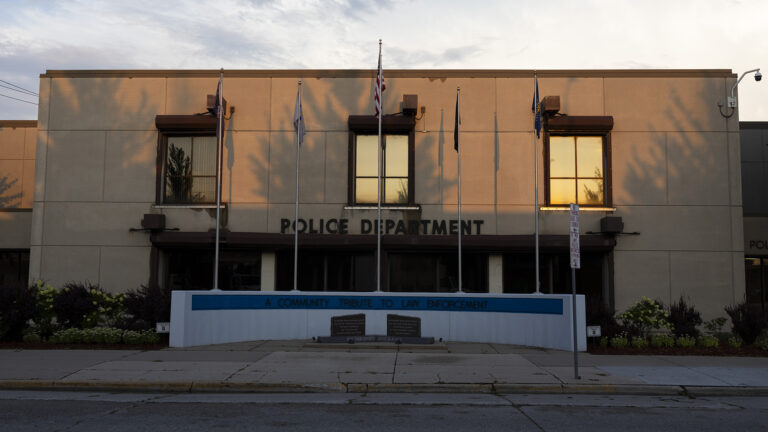
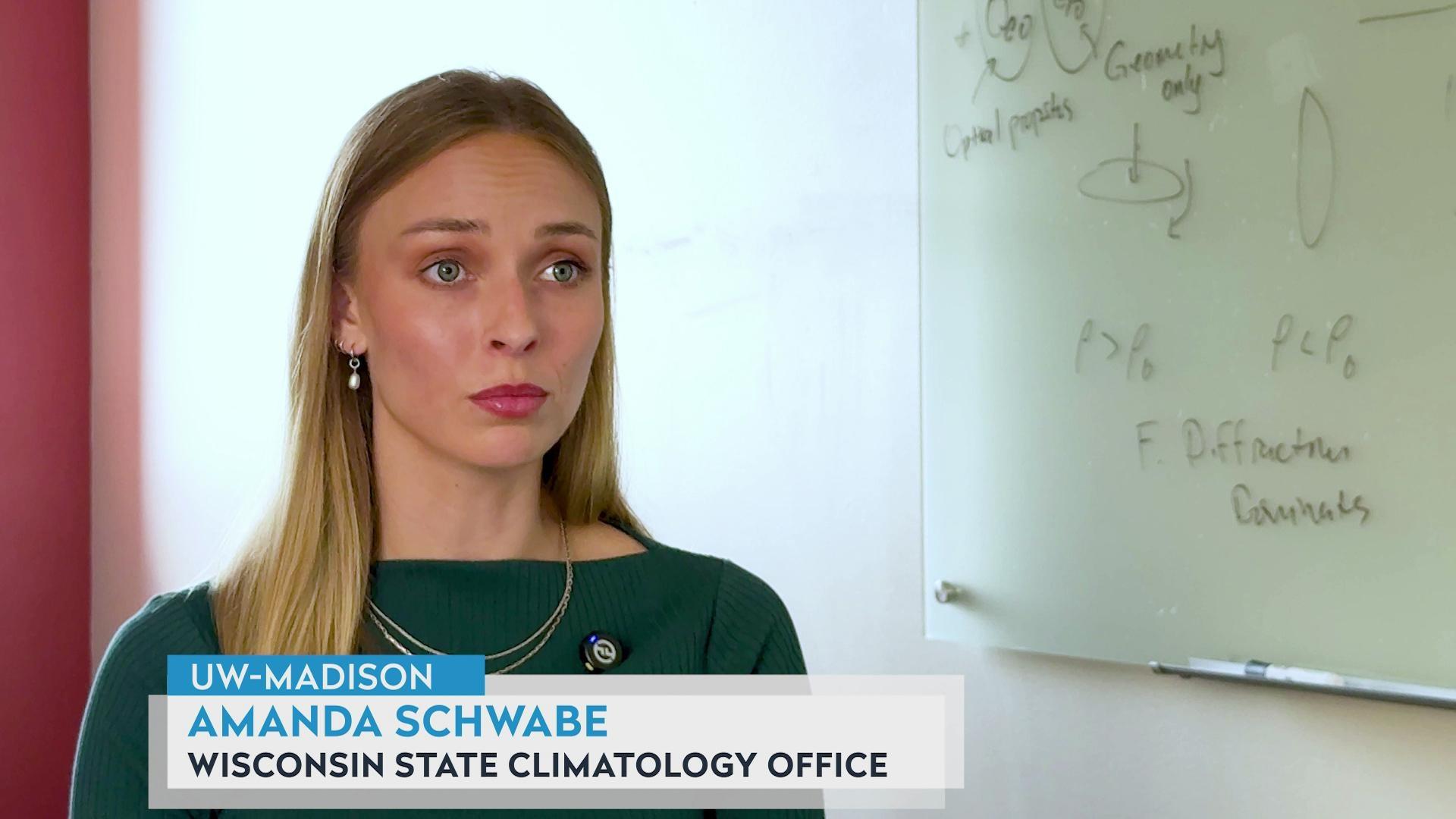

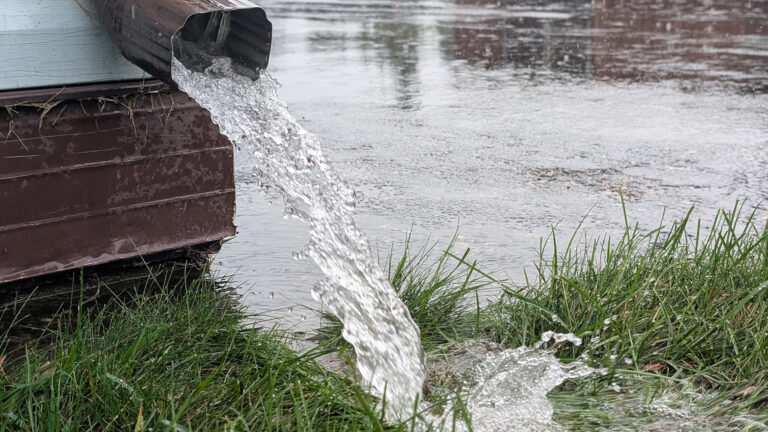
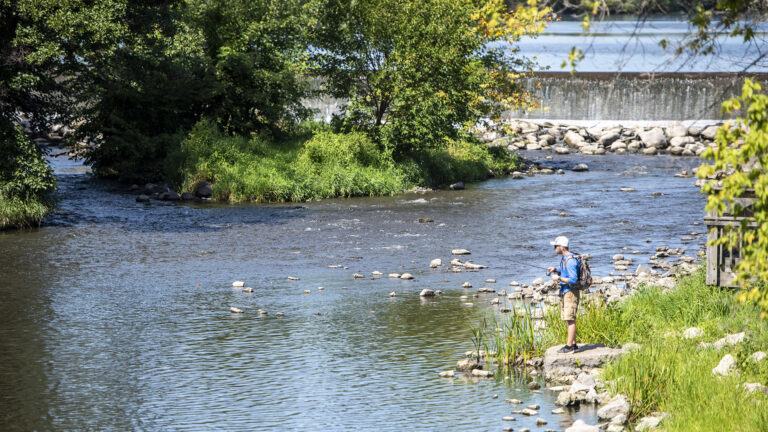
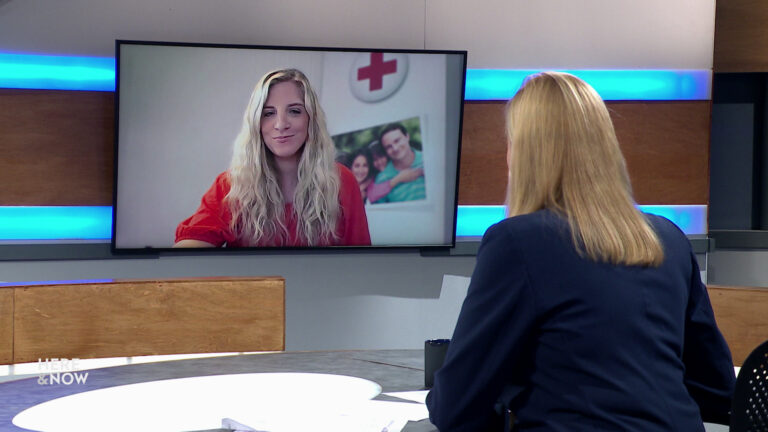

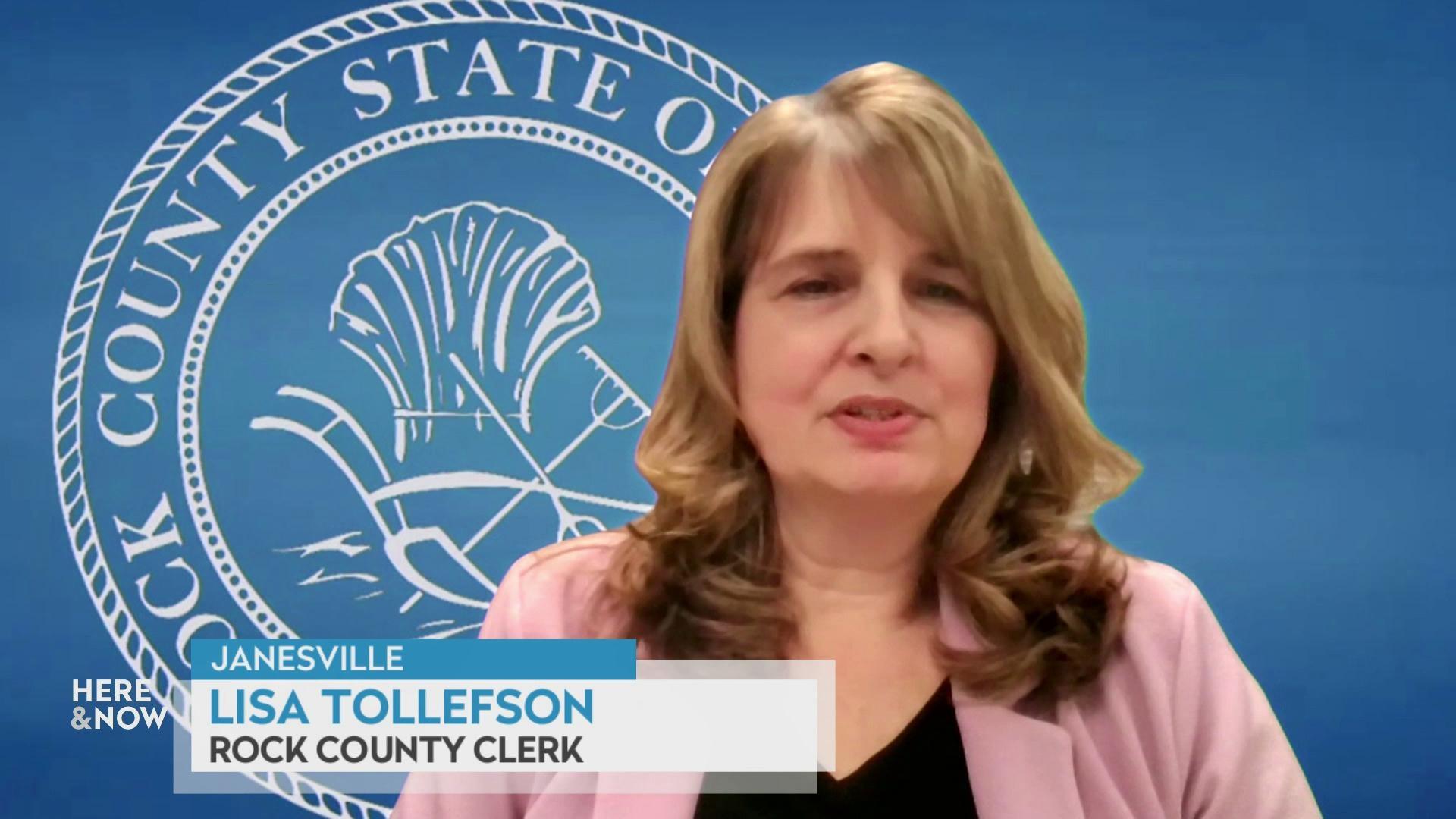
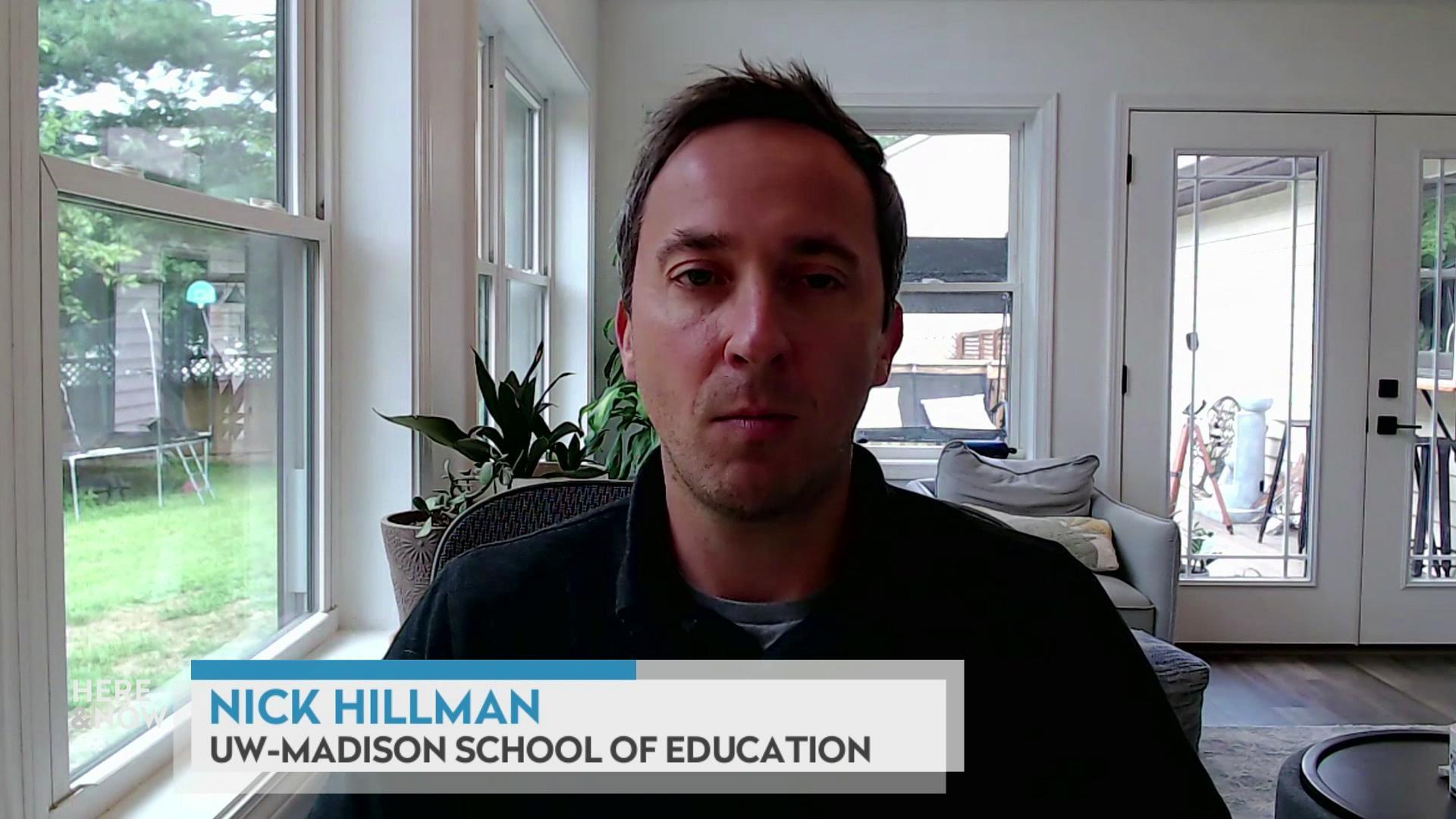
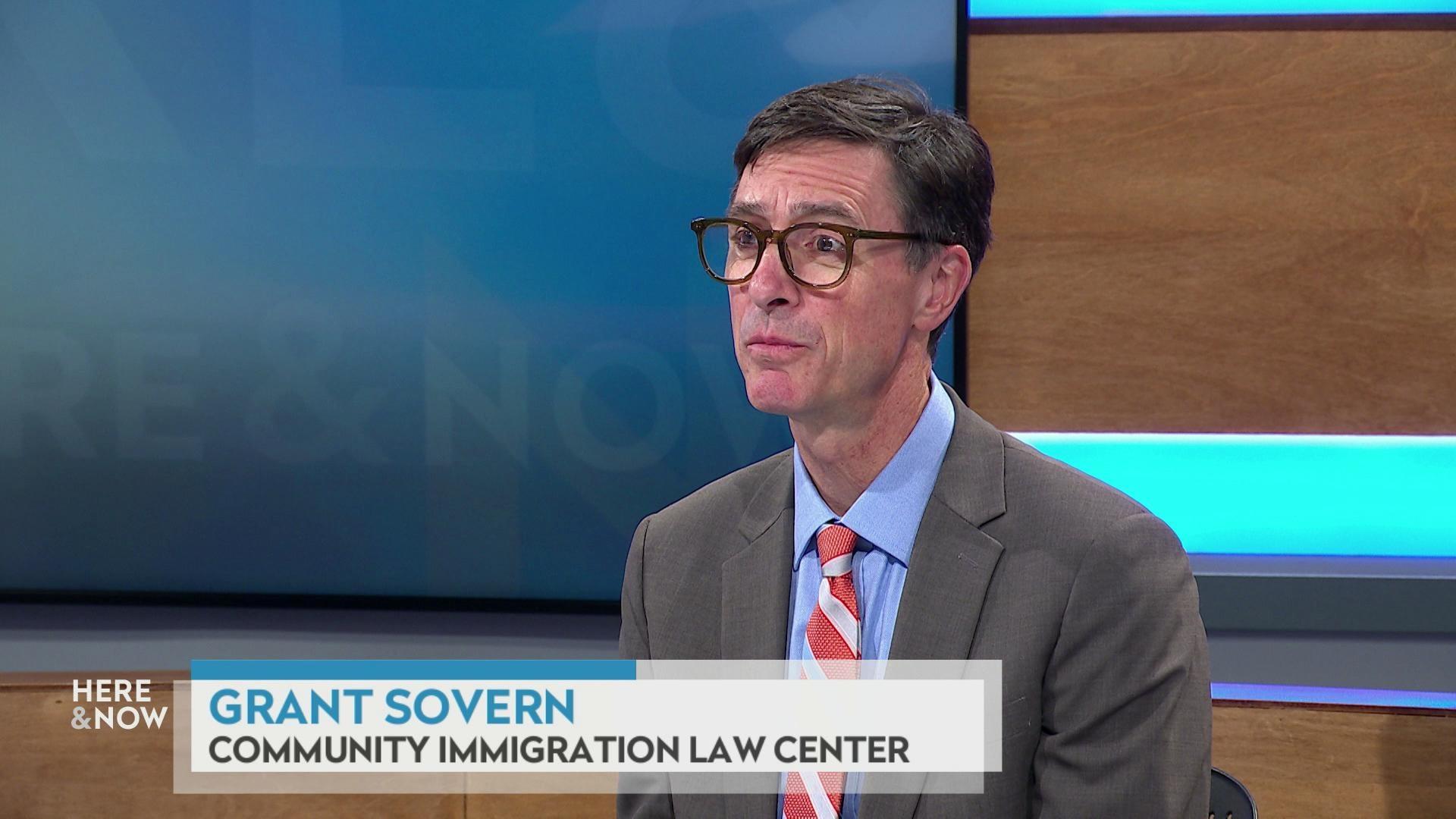
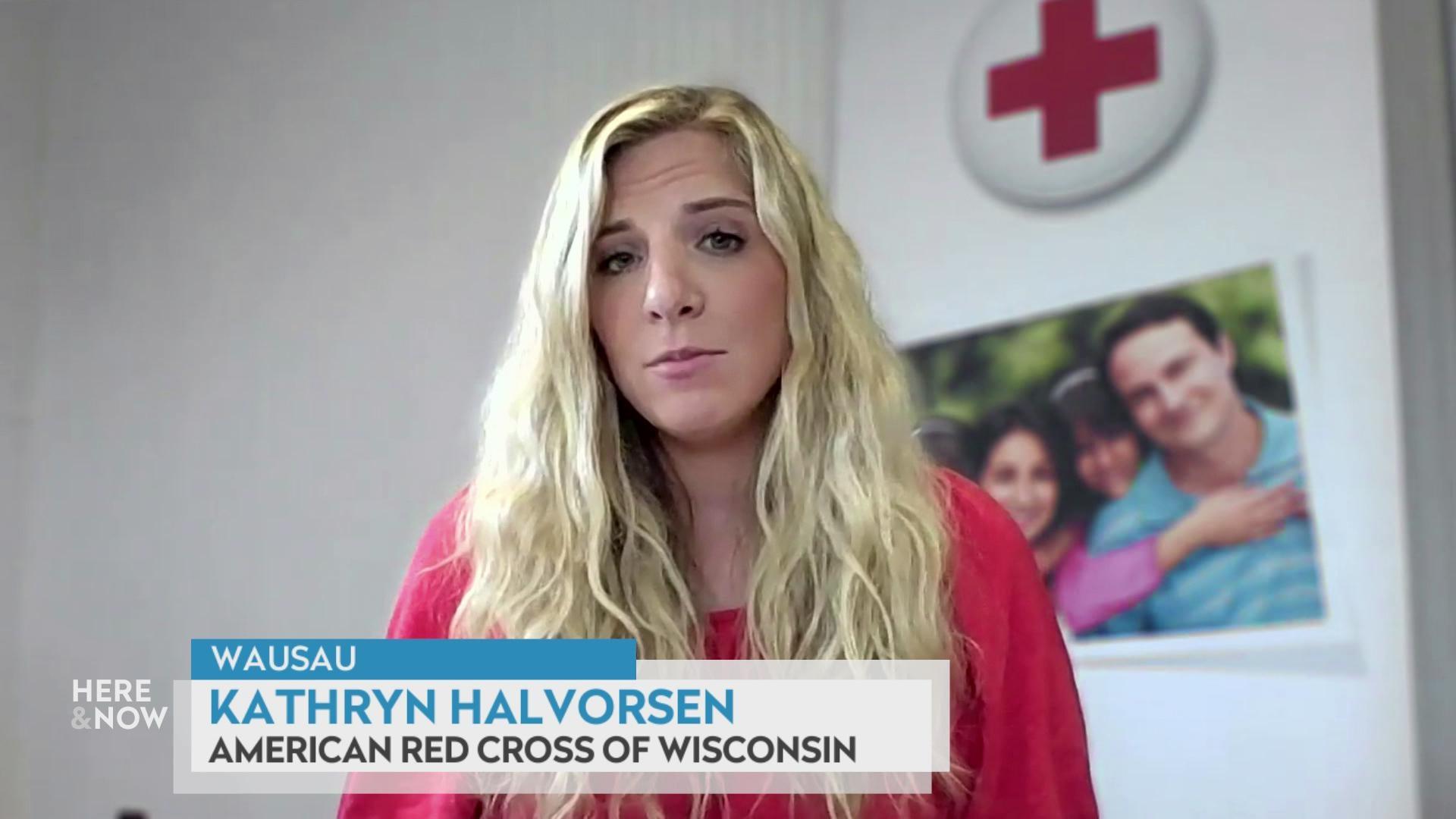
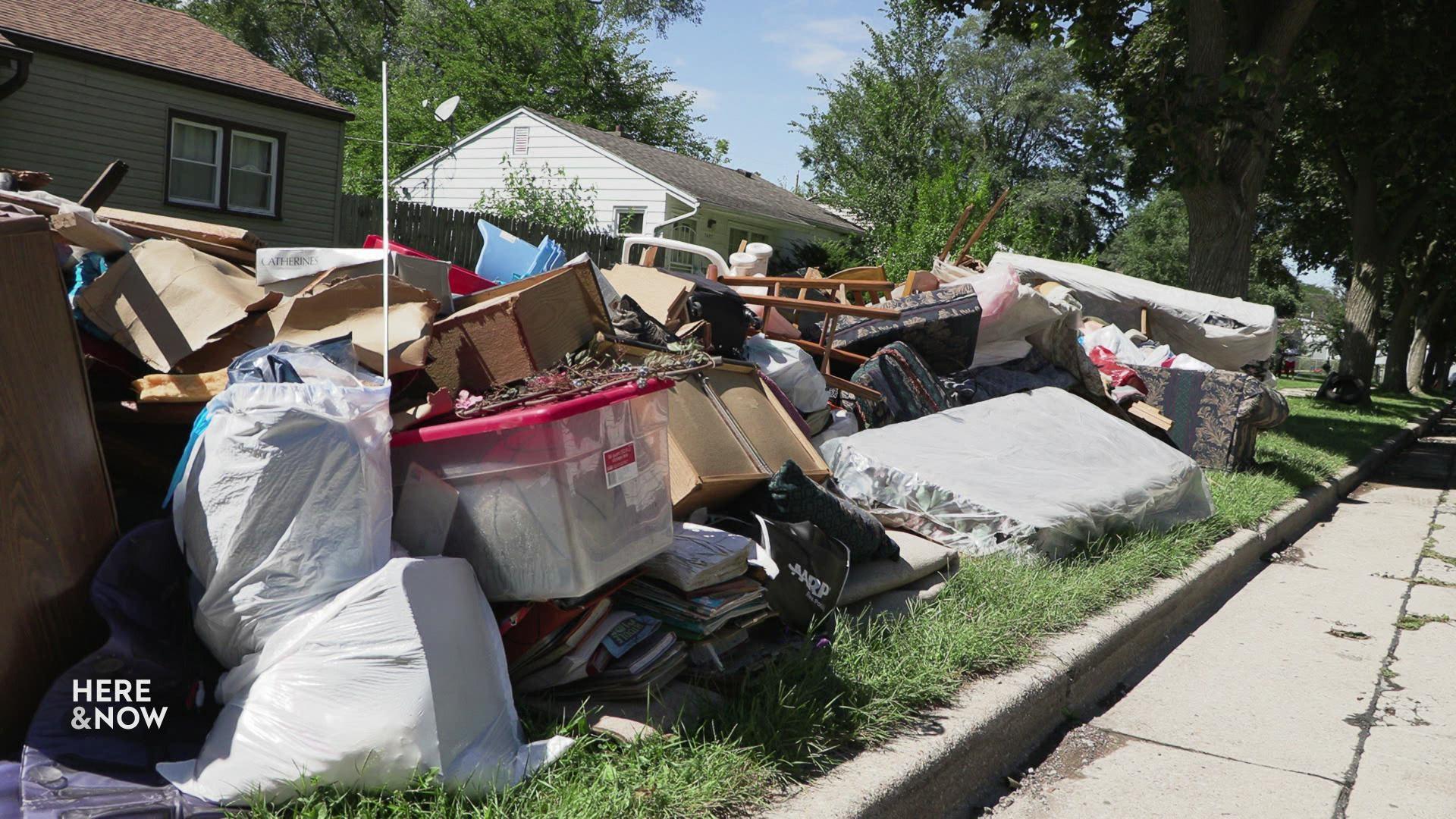

Follow Us